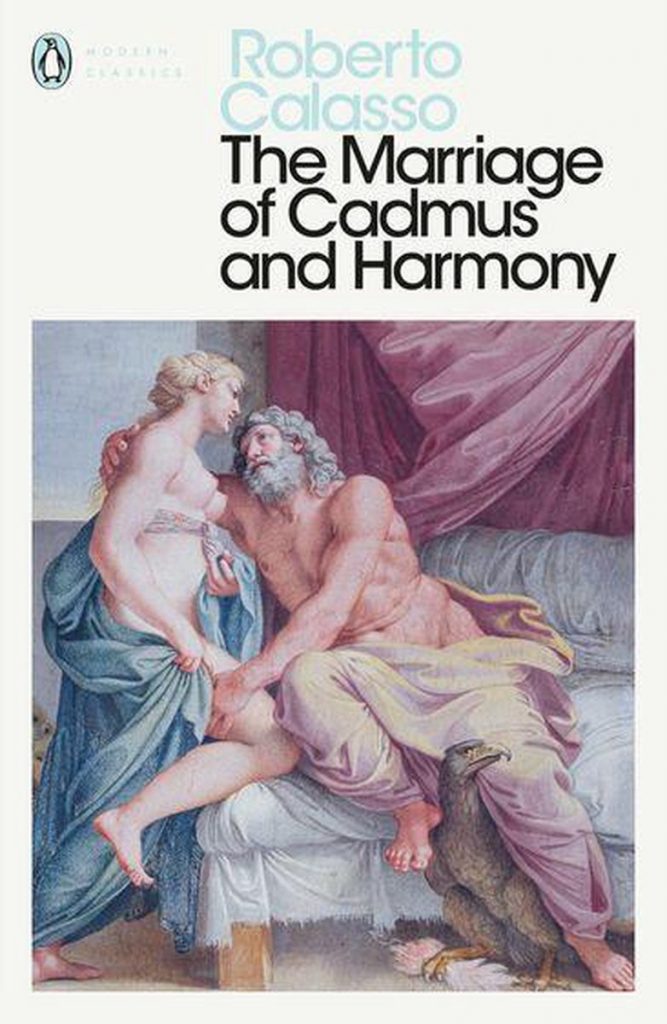Religion and mythology is a life-long fascination of mine. It all started in fourth grade when the teacher ended the school day reading a children’s book about a boy who fell asleep and dreamt he lived amongst the Greek gods. Afterwards, I devoured Ovid’s Metamorphoses, the Iliad and Odyssey, Gilgamesh, Edda, Kalevala, Nibelungen Lied, Mabinogion, Arthurian legends, Mahabarata, …
I love the myths and the characters in them. As I grew older, I understood there was more to them than what meets the eye at first. They’re about making sense of the world; they tell how societies were organised, how belief systems took shape, what it takes to be a decent person and a good citizen. There are plenty of excellent retellings available, but I’d advise you to go to the source. Read the (translations of the) originals — maybe not always easy but ever so rewarding. If you want to make a deep dive in the interpretation of Greek and Roman mythology, I can heartily recommend Roberto Calasso’s ‘The Marriage of Cadmus and Harmony’. It’s both scholarly and mind-blowing. You can buy it here.

In Dream Whisperer, I imagined a world where all characters from mythology, legend, and folk tales actually exist or existed. They arrived on Earth, before the advent of man, in the slipstream of the Outer Gods. When the Outer Gods departed from Earth, they stayed on. They saw man develop and took advantage of his credulity to be worshipped as gods by him. Too late, they became aware of man’s reproductive potential and his unbridled desire to tame nature and use its resources. The naked ape turned into a rival for the former gods, and a Darwinian struggle ensued.
When the Dream Whisperer story takes place, the non-humans have long been in decline. For many amongst them, the Industrial Revolution was the proverbial final nail in their coffin. Several species are asking themselves if they still have a future on this planet and are looking for alternatives. Others decide to push back and want to wipe our obnoxious species from the Earth’s face.
Keeping this backstory in mind, it’s hard to see Fleming’s opponents — except the Dream Whisperer himself who thrives on chaos and discord regardless the species he’s dealing with — as entirely bad. Holmes paints them as ‘the enemy’ because their interests aren’t aligned with those of mankind, conveniently forgetting that humans aren’t blameless either.